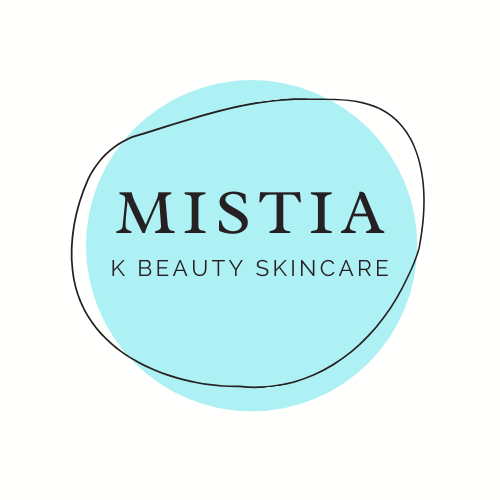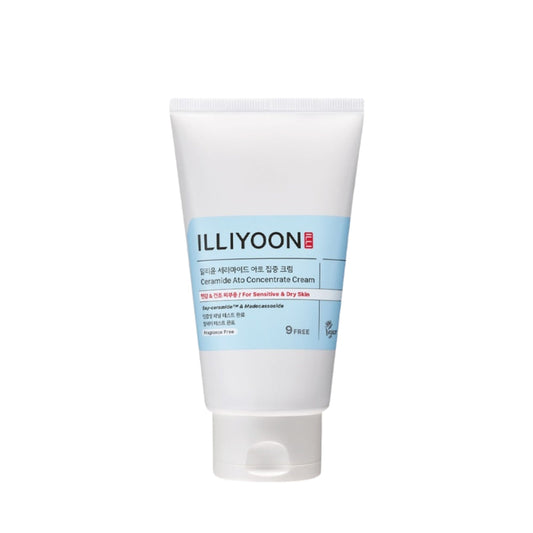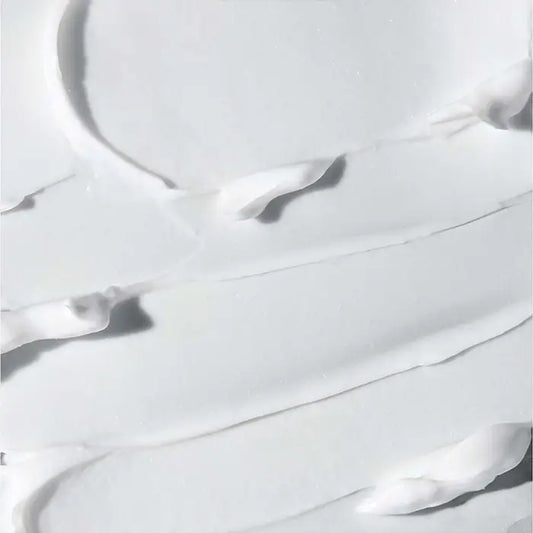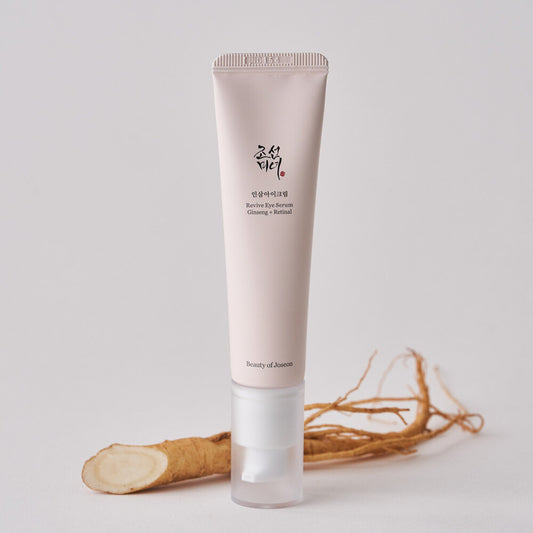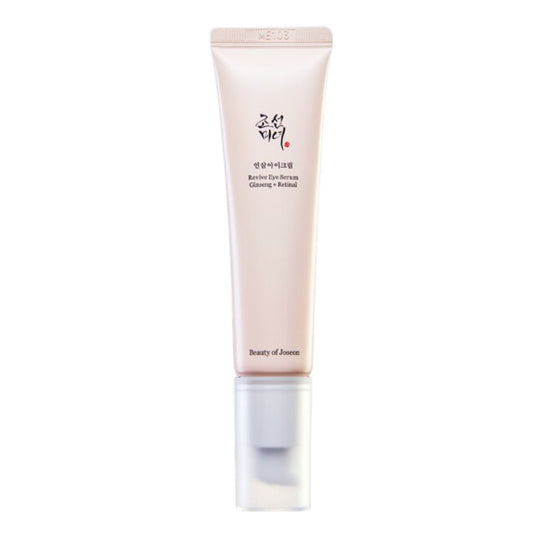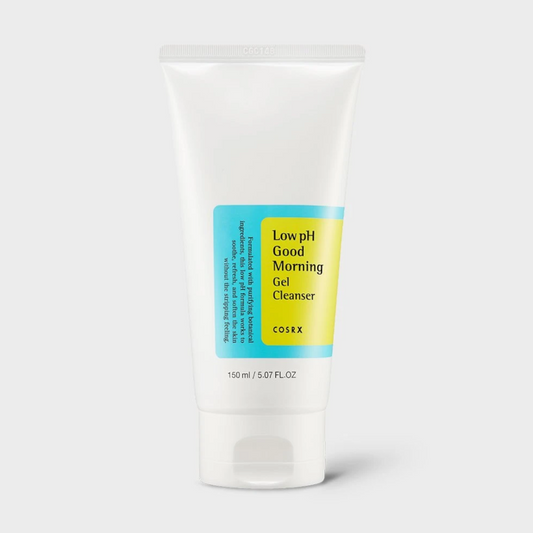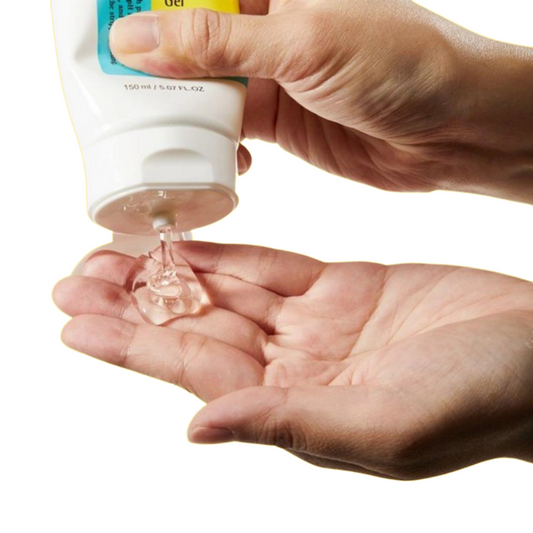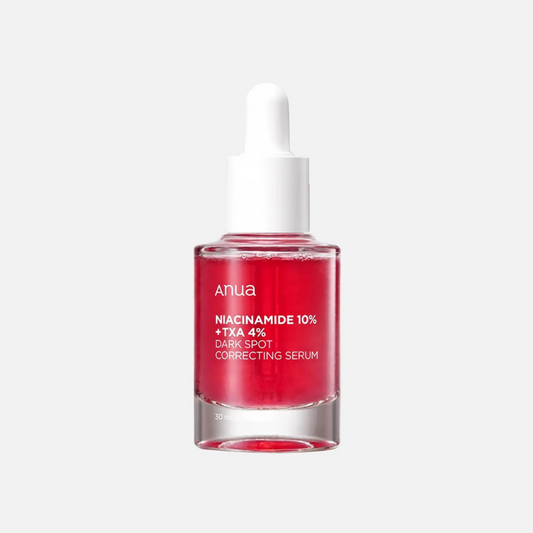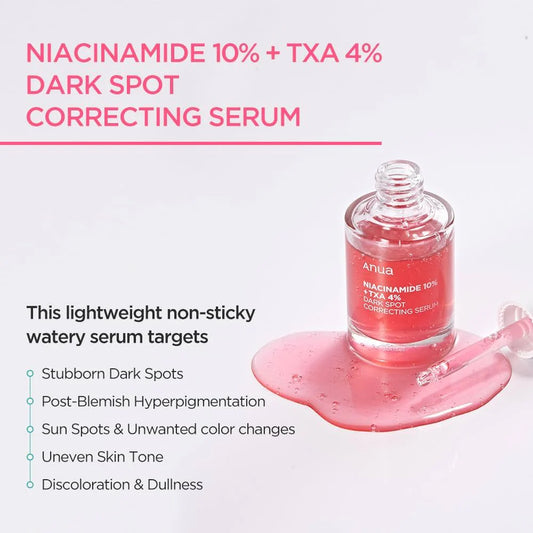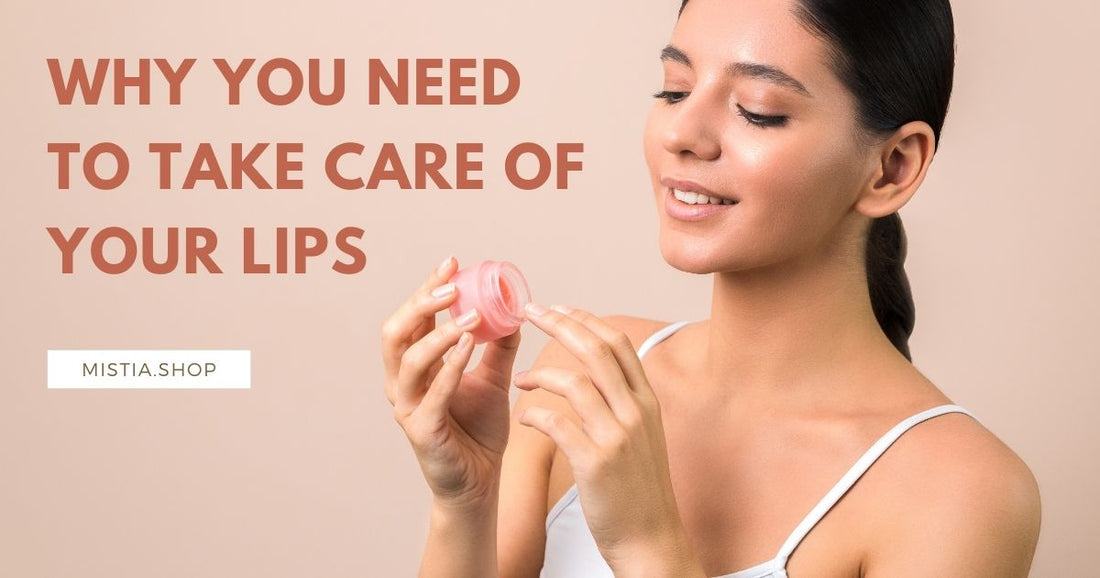
Why You Need to Take Care of Your Lips
Share
We talk a lot about skincare, but there’s often one part of your body that’s neglected. You use this part of your body day in, day out. For some, it’s constantly in use, and it’s always exposed to the elements, no matter how careful you are.
We’re talking about your lips. If your lips tend to flake or crack due to dehydration, it may be time to show that part of your body some love. But lip care goes well beyond putting on lip balm. Though it’s a great start, it’s only the first step to helping your lips become supple and moisturised. But what might you need if your lips are too far gone, cracked beyond repair for Blistex, or if you want them to be extra plump and beautiful?
Why Do My Lips Get Chapped?
It’s been a while since your lips have been front and centre, we know. With the pandemic, masks have hidden them for the past couple of years, so it’s easy to take them for granted. But if you live in a dryer climate, you might have noticed your lips getting chapped even though you try your best to reapply your lip balm.
You see, lips don’t have sebaceous glands. Remember those? Sebaceous glands are what produces sebum, the oily substance that helps to keep your skin moisturised and actively fights against moisture loss. Sebum is composed of a mix of fatty acids and triglycerides, squalene, cholesterol, and wax esters, and its production is controlled by androgens, a hormone that’s produced in your adrenal glands and ovaries/testes. The glands, however, are regulated by your pituitary gland, which is in charge of your body’s entire hormonal system.
Ironically, excess sebum is what we try to avoid when it comes to skincare. Excess sebum is what can lead to breakouts and other skin issues. This happens when your androgens are overactive, prompting overproduction of sebum.
But whether or not your skin under- or overproduces sebum, sebum is crucial to the health of your skin. Unfortunately, your lips have no sebaceous glands, which means your lips can’t provide added moisture to protect its surface. This is why maintenance of your lips is so important: you have to help it along!
So How Do I Help It Along?
As a starting point—and this goes for the health of your skin as well—it’s important to ensure that you’re well hydrated through your diet. Drink lots of water and eat hydrating foods like cucumber, celery, and watermelon. Don’t lick your lips when you feel like your lips are dry; once your saliva evaporates, the hydration from your lips’ surface go with it.
Make sure that your home is hydrated, too, which means turning the heat down a bit and using a humidifier at night. Showering in piping hot water and using washing agents that strip your skin’s moisture should be avoided at all cost.
To make sure your lips are in tip-top shape, you have to go beyond that. Complementing your lip care routine with a balm that hydrates and heals, and also has protective SPF, is crucial.
With that said, many balms only offer temporary relief. These products are known as occlusives, and usually contain wax or oil. They sit on the surface of the lips but don’t help to hydrate deeper layers of your lips, which means they ultimately don’t fix your problem at the root.
You might have experienced that phenomenon where you feel like you have to constantly reapply lip balm. This happens because your exterior hydrated layer makes your brain think that your lips are hydrated, but as soon as that lip balm comes off, your brain tells you that you need more, leading to constant reapplication but no actual hydration.
Lip balms that contain fragrance may be tempting, but fragrance, along with menthol, salicylic acid, and camphor can cause further irritation to your lips and leave them even more chapped.
So, when looking for a basic lip balm to help soothe your lips, find one that is petroleum jelly or paraffin-based. Ideally, your lip balm will have built-in sunscreen; just like SPF for your skin, be sure to reapply your SPF-loaded lip balm every few hours. Other ingredients that can help the healing of your lips to look out for are ceramides, castor seed oil, shea butter, and hemp seed oil.
If your lips need some extra TLC, lip exfoliators help to slough off dry skin, revealing the fresh, soft skin underneath. Be sure not to overdo it, though, as this can irritate or damage your lips.
More Than Just Paying Lip Service
Lips are often neglected even though the lip skin is very sensitive. In not applying SPF and exposing them to environmental stressors, they are often worse for wear. It’s time to pay attention to them and give them some love.
With a thorough lip care routine that includes hydrating ingredients, a balanced diet, SPF, and sometimes exfoliation, you can ensure that your lips stay soft and hydrated.
